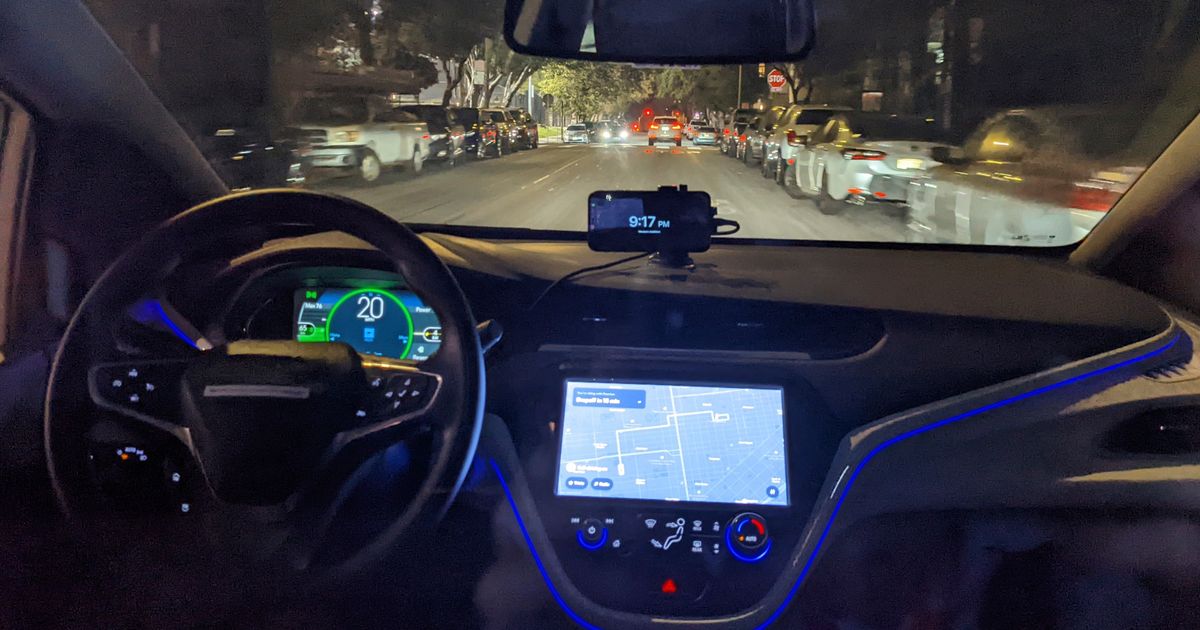“In other words, despite the thousands of tonnes per year of drugs we are stopping, even on a good day we’re stopping only about 20 to 25 per cent of them,” he said in an interview following meetings with the Border Five in Brussels. “So we have to do better.”
A wide range of drug traffic gangs, including those with a variety of backgrounds and ethnicities, continue to supply the Australian cocaine market. Authorities have disrupted several large shipments since January originating from South America which have come through several other ports in Europe, Asia and the Pacific. In all around 43 international ports have been placed on a high-risk list.
The surge in supply is also outstripping domestic demand, with several markets being flooded not only because of the increase in opioids in the United States, but increased coca cultivation in several countries. From 2020 to 2021, cultivation went up 35 per cent, a record high and the sharpest year-to-year increase since 2016, the UN Office on Drugs and Crime recently warned.
The increase in cultivation was accompanied by the rise in land cultivated in South America – a 300,000 hectares increase between 2020 and 2021. Production has also increased due to advances in how the drug is chemically processed before being ready for sale.
Outram said while details of the second phase in the operation remained sensitive and confidential, it was his aim to put many of the Australian businesses linked with trafficking and organised crime out of business. But he said it would also need a more sophisticated approach into the future and greater partnerships with both legitimate private cargo and freight companies and international partners.
Loading
“At the same time, we’re going to see an over 70 per cent increase in cargo imports here in Australia over the next 10 years, so the challenges and the logistics will be huge, and they’ll continue to increase,” he said.
He said there was an urgent need for border modernisation and investment in the border, both financial and strategic and policymakers needed to reframe how we think about making significant policy decisions about it.
He said while it was unlikely the government would increase funding for more officers on the group to match the increase in cargo loads, the agency was planning to secure new contactless screening systems, which would involve the country of departure sharing X-rays with Australia.
Loading
Outram said having the capabilities to screen goods as they arrived in the country through detection technologies in almost real time would be a “game-changer” on the docks, mail centres and freight and passenger flights.
“Think of the benefits of real-time screening as cargo is brought on board ships and aircraft,” he said. “Time and money would be saved, and we would have a very high degree of confidence around what was originally loaded into a container and its chain of security all the way to the end customer.”
Get a note direct from our foreign correspondents on what’s making headlines around the world. Sign up for the weekly What in the World newsletter here.
#Cocaine #imports #lead #companies #put #watchlist







